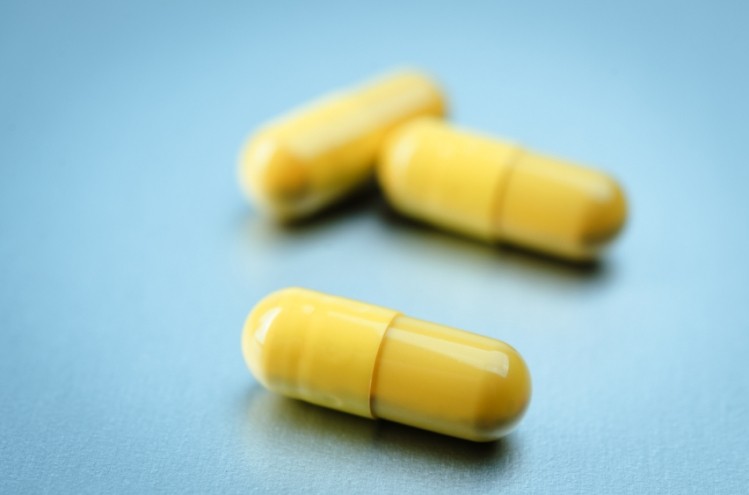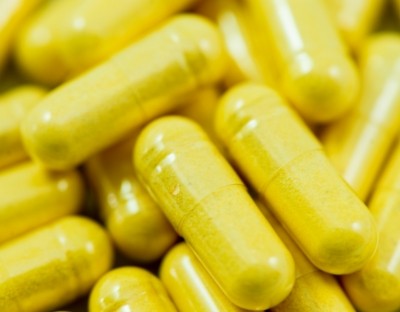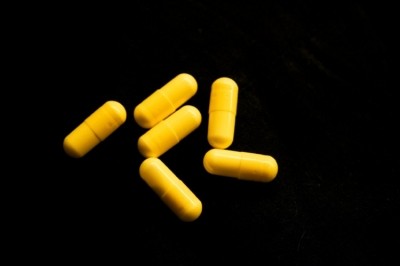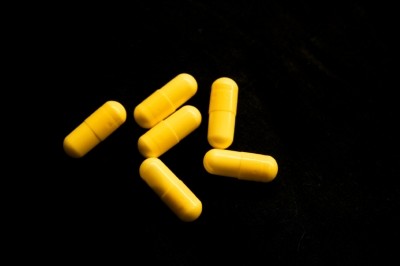Could and should DNP be a classified substance?

This was the agency’s response to reports that senior Shropshire coroner, John Ellery, would be writing to ministers to ask whether DNP should be as a classified substance. According to UK TV channel ITV, Ellery made the statements at the inquest of Eloise Aimee Parry – the 21-year-old who died in April after taking DNP diet pills she bought online.
FSA communications manager Nadina Mustafa told us it was “great” the coroner was raising this issue and they supported the introduction of any measures that would “strengthen their ability” to bring DNP sellers to justice. However, she said the home office was unlikely to classify the substance as an illegal drug because it was not psychoactive.
She said this was not a “black and white” issue since the substance had many legitimate industrial purposes in dyes and herbicides.
Mustafa said the legislation needed to tackle the issue already existed within food law since it was known to be dangerous to health.
“We know it’s dangerous, we know it’s toxic. The difficulty is finding the websites,” she said.
According to the UK newspaper the Guardian, lobbying by the family of two other UK victims - 23-year-old Sarah Houston and 18-year-old Chris Mapletoft - to have DNP classified came to nothing earlier this year with the home office citing a lack of psychoactive properties.
The home office’s Advisory Council on the Misuse of Drugs (ACMD) did not respond to our request for comment in time for the publication of this article.
Under UK law, drugs can be classified as class A, B or C substances, with maximum penalties for drug possession, dealing and production depending on the group.
Class A drugs: Crack cocaine, cocaine, ecstasy (MDMA), heroin, LSD, magic mushrooms, methadone, methamphetamine (crystal meth).
The sentence for possession could be up to seven years in prison, an unlimited fine or both. For supply and production this could reach a life sentence with a fine.
Class B drugs: Cannabis, amphetamines, barbiturates, codeine, ketamine, methylphenidate (Ritalin), synthetic cannabinoids, synthetic cathinones (for example mephedrone, methoxetamine).
The sentence for possession could be up to five years in prison, an unlimited fine or both. For supply and production this could be up to 14 years in prison with a fine.
Class C drugs: Anabolic steroids, benzodiazepines (diazepam), gamma hydroxybutyrate (GHB), gamma-butyrolactone (GBL), piperazines (BZP), khat.
The sentence for possession could be up two years in prison, an unlimited fine or both, except for anabolic steroids for which it is not an offence to possess them for personal use.
For supply and production this is the same as class B substances.
However, ex-ACMD chief advisor and Professor of Neuropsychopharmacology at Imperial College London, David Nutt, told us the ACMD would have to consider if DNP was a “health harm” before making a decision.
A 2011 paper published in the The Journal of Medical Toxicity said at the time there had been 62 published deaths in medical literature linked to DNP worldwide.
Nutt said in the past drugs without a psychoactive effect had been classified, such as steroids for muscle growth which were class C substances in the UK. Likewise there had been instances of a substance maintaining its legitimate industrial status but being classified in terms of human use, such as the industrial solvent butanediol which is a class C drug.
The last substance to be classified was Methoxyketamine.
Ultimately though he echoed the FSA’s stance that classification was not necessarily the answer, instead warnings were needed.
An eye on the web
Talking to NutraIngredients, Mustafa shared frustration expressed by investigating officer Detective Sergeant Andy Chatting, who reportedly told the inquest: "One site has closed down, but the caveat is sites close down [but] pop up in almost identical format hours later."
Mustafa said this closing and reopening of sites was something the FSA had to keep on top of.
Its National Food Crime Unit and overseas partners closed 47 websites since 2012, five of which were outside the UK.
Raising awareness was also key and it was working with various partners including eating disorder charities to send out a clear message that DNP was an industrial chemical not fit for human consumption.
It encouraged people who came across DNP sold online for human consumption – also known as 2,4-dinitrophenol, Dinosan, Dnoc, Solfo Black, Nitrophen, Aldifen and Chemox – to report it to its food crime unit by emailing sbbqsenhq@sbbqfgnaqneqf.tfv.tbi.hx or to local police.
We’re not scared
Issuing warnings came with its own hazards though. A firm accused of supplying a body building product that contained DNP said it was considering legal action against the Norwegian food safety authority earlier this month for damage to reputation. The company, which has since withdrawn EU sales of the product, said the products in question were counterfeit.
The UK was involved in this investigation, although it did not, like the other authorities, ‘name and shame’ the product and its apparent makers.
Asked whether such legal threats worried the FSA, Mustafa said the potential dangers to consumers went beyond commercial grievances.
“Because it’s so serious, we report without fear or favour. We wouldn’t be afraid of that, we just want to protect consumers.”
She said she would be very surprised if an authority would be penalised for sounding the alarm if brought before the courts.
According to a report published last June in the Emergency Medical Journal, the number of DNP poisoning cases increased substantially in the last six years. Cases from toxic centre phone records rose from three in both 2007 and 2011 to 22 in 2013, while the number on online database TOXBASE rose from six in 2011 to 35 in 2012 right up to 331 in 2013.















